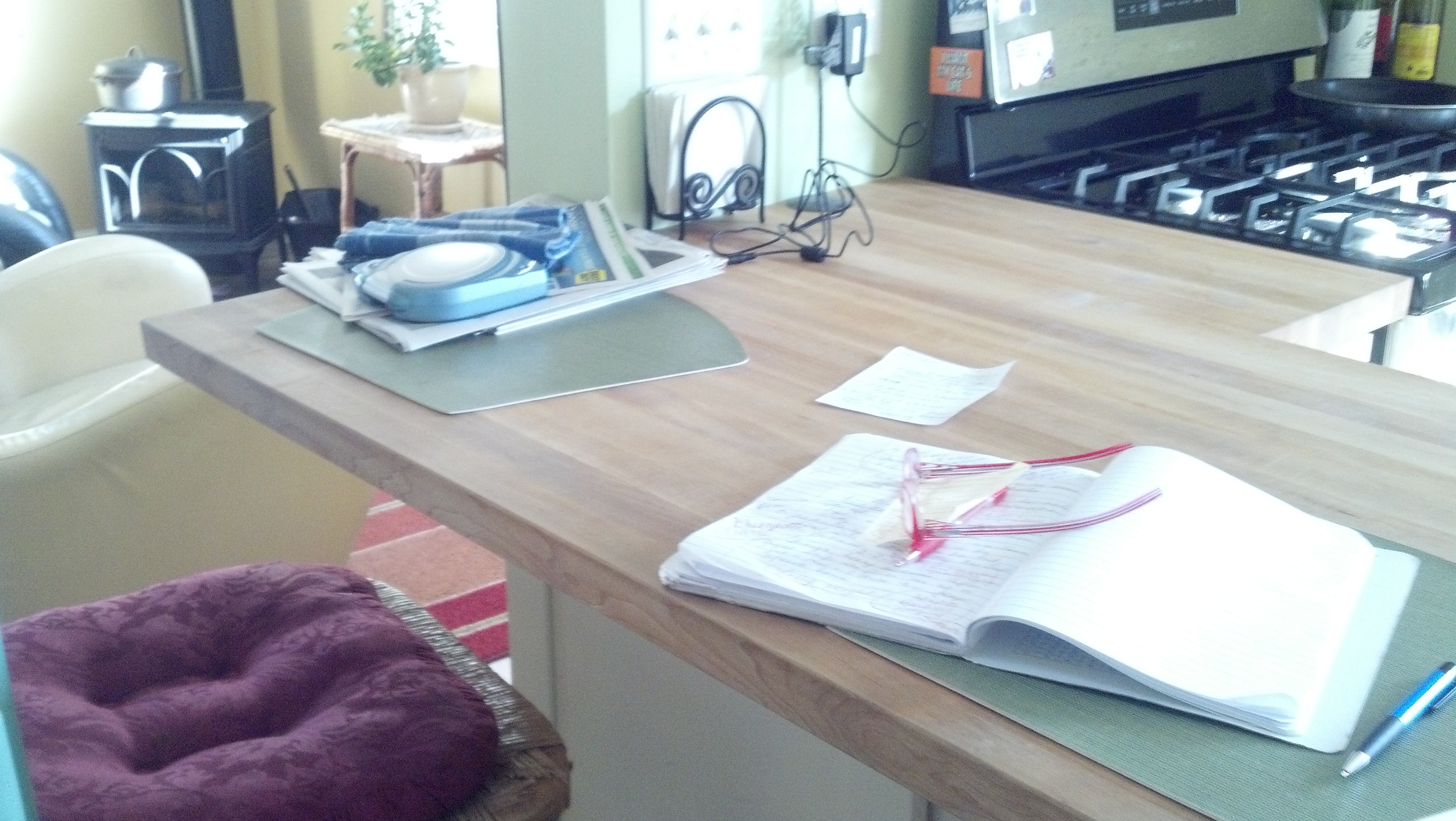Fair Pay: 6 Tips for Writers (and writing teachers)
Last month, as I filled my dining room table with receipts and mileages and 2022 credit card bills—all to prepare and file my 2022 taxes—I noticed a pattern.
Some of my expressive and creative writing workshops earned my regular hourly fee. Others were for a reduced, agreed-upon cost. Still others were freebies. And one was supposed to be fee-based, but turned out to be a non-paying gig.
Now that you’ve filed your taxes or asked for an extension, here are some been-there tips for getting paid for your time and expertise as a writer:
Talk money early: I’m proud to report that this math phobe is getting way more comfortable at saying, “My hourly teaching fee (or presentation fee or freelance writing fee) is $xyz. Does that fit with the organizational budget?” Saying this line and asking this question avoids wasted conversations and becomes much easier with practice and time.
Faux literary friendships don’t mean money: As writers, we often love to connect about just-read books. Or we swap opportunities or share experiences. But friendships aside, your time and expertise are just as valuable as other folks’ time and expertise. For example, that plumber who came to my house last year was a lovely fellow and yes, we had a grand chat, but I still had to pay him his set hourly rate.
Read and re-read your contract: This one is related to Number 2. Just because you’ve been hitting it off or chatting over the phone or email or even helping out with the event planning, don’t trust or assume that the hiring contract will be written in your favor. Avoid making naïve and costly assumptions. Read every line of that contract. Then decide if this event is right for you (see above about the surprise non-paying gig).
The author contract is about more than payment: Look for other, non-monetary items on that presenter’s contract, including audio visual equipment and the presence (or not) of on-site IT support or a delegated Zoom moderator. When you arrive at the site or digitally connect with your audience, you don’t want to invest your valuable time trying to get everything to work. Trust me on this one.
Time is money: If it’s a two- or multi-part workshop, ask if you will be expected to respond to students’ between-session emails. It’s fine if you do, but you need to know what to expect. For day- or weekend-long events, are faculty meals included in your stipend? Will you get reimbursed for accommodation costs or mileage? Again, don’t assume. For a multi-week or semester-long program, estimate your real time allocations—including prep time, teaching time, Zoom meetings, student email responses and other duties. Based on these, project your hourly rate. Is this rate financially viable for your budget?
Work for free? Yes, but be selective: If you’re going—or can afford to—work for free, make sure that the hosting organization’s mission aligns with your own values or interests. Or ask if there’s a non-monetary payout. When someone asks for a freebie, I ask myself two questions: (1) Am I being asked to work for free because someone has spent down (on other writers) or mismanaged their operating budget? Or (2) Do they really value my expertise, and this will be a mutually rewarding event or project?
The bottom line: Like everything else in our lives, choosing to lead a writing workshop (or do some business or grant writing or give a presentation or mentor a group of young writers) is a choice—usually a happy one. But remember: This is also time taken away from your own creative or writing time. So before you say “yes” to that freelance or programming request, think about what you need, what you can afford, what you’re willing to sacrifice and why.
That “noblesse oblige” thing? For those of us who have bills to pay and taxes to self-prepare, it’s a luxury we don’t have and cannot afford.











